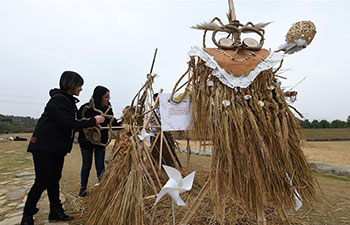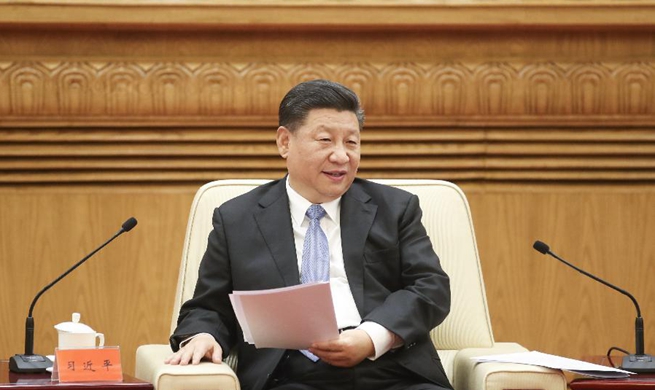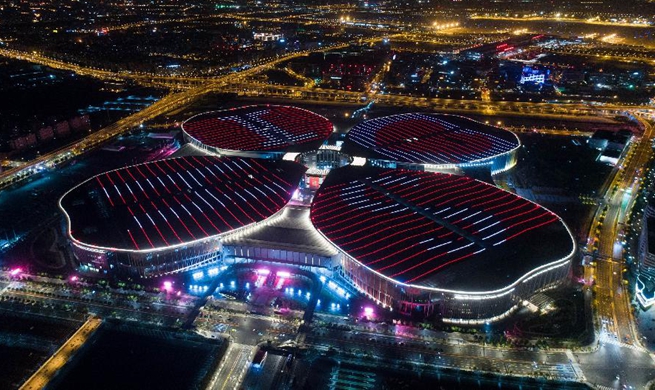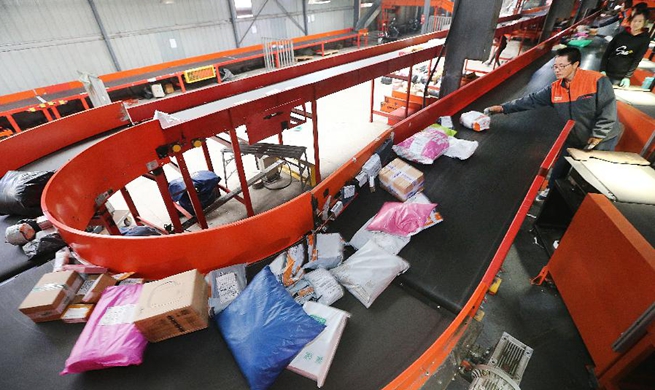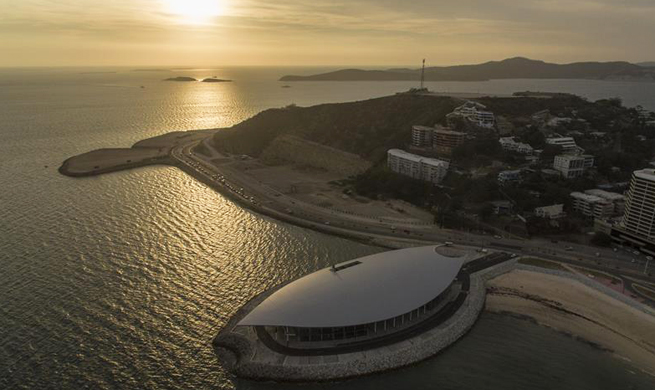UNITED NATIONS, Nov. 12 (Xinhua) -- UN Deputy Secretary-General Amina Mohammed on Monday called for tackling root causes to achieve peace and sustainable development in the Sahel region of Africa.
At the annual session of the UN Peacebuilding Commission on the Sahel region, Mohammed said: "in order to achieve peace and sustainable development, and to shift from delivering humanitarian aid to reducing and ending humanitarian needs, we must tackle the root causes of conflict and crises."
She further noted that the root causes are found in discrimination, human rights violations, weak governance, conflict, and the impact of climate change in the region.
"Only a collective, integrated and inclusive approach, owned and led by the countries of the region, will support sustained progress towards the lasting peace and development that are so urgently needed in the Sahel," she urged.
Moreover, the UN deputy chief pointed to the financial and human resource challenges the Sahel faces, detailing "the total needs to implement the sustainable development goals for instance in the region are estimated at 140 billion dollars this year, rising to 157 billion dollars annually by 2022."
The deputy secretary-general reiterated the cost of inaction and failure in the Sahel is high, urging "we must keep our eyes on the prospect of peace, in a region that has enormous potential to be a dynamic presence on the global stage."
The Sahel region stretches across the south-central part of Northern Africa between the Atlantic Ocean and the Red Sea, touching multiple countries including Burkina Faso, Chad, Mali, Mauritania and Niger.
In February 2017, the five nations, or the Group of Five for the Sahel (G5 Sahel), set up a joint force with the aim to restore security, as they had been struggling against a jihadist revolt that began with a Tuareg separatist uprising in northern Mali in 2012.
Since March 2017, the UN Peacebuilding Commission has convened a series of meetings on the situation in the Sahel, with the participation of the countries in the region, the African Union, the European Union, the G5 Sahel, and the UN system.






